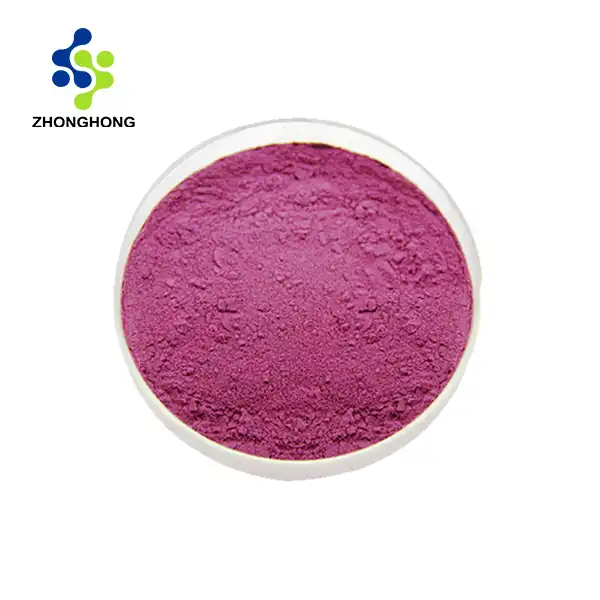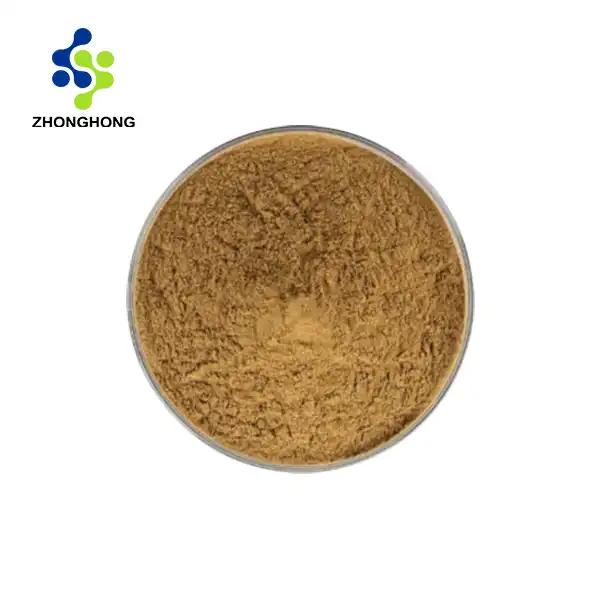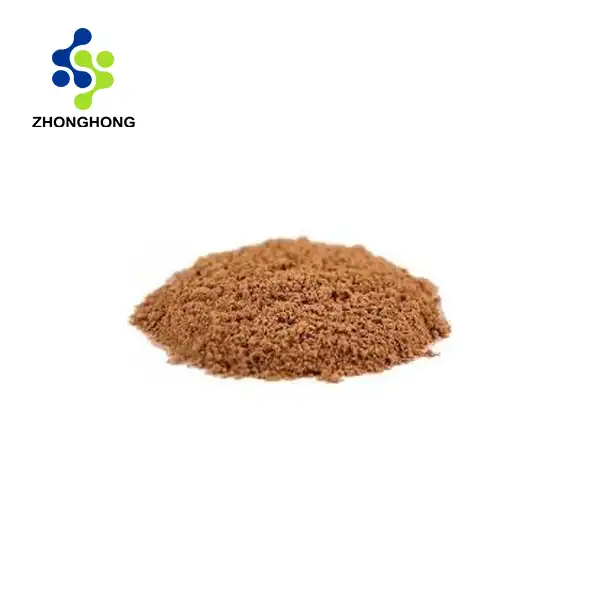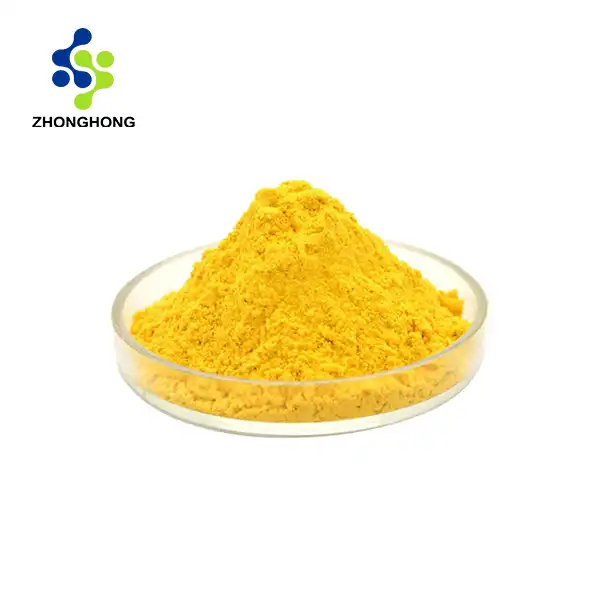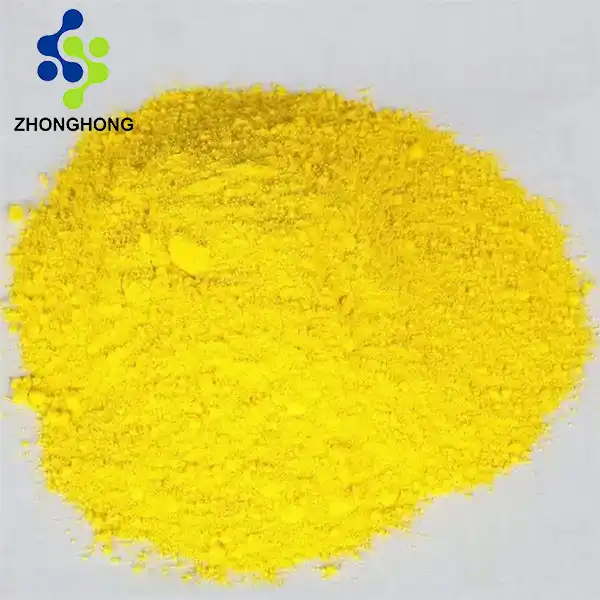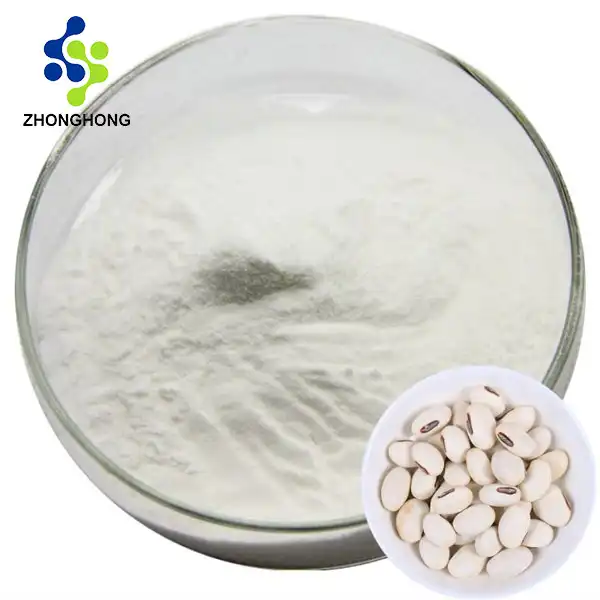Is Epimedium good for kidneys?
2025-01-10 20:23:51
Epimedium, also known as Horny Goat Weed or Yin Yang Huo, has been a cornerstone of traditional Chinese medicine for centuries. This comprehensive exploration focuses on the relationship between Epimedium, particularly the species Epimedium grandiflorum, and kidney health. As growing interest in natural remedies continues to rise, understanding the potential benefits of this herb for kidney function has become increasingly important for both healthcare practitioners and those seeking alternative therapeutic approaches.
What Are the Traditional Uses of Epimedium grandiflorum in Kidney Health?
Historical Applications in Traditional Medicine
Traditional Chinese Medicine has long regarded Epimedium grandiflorum as a vital herb for supporting kidney function and overall vitality. For over 2,000 years, practitioners have prescribed this herb to strengthen what they term "kidney yang," which encompasses not only kidney function but also overall vitality and energy levels. The historical documentation shows that Epimedium grandiflorum was particularly valued for its ability to address conditions associated with kidney deficiency, including fatigue, lower back pain, and decreased vitality. Ancient medical texts describe specific preparation methods and dosing schedules that were believed to maximize the herb's benefits for kidney health while minimizing potential side effects.
Modern Scientific Understanding
Contemporary research has begun to validate many of the traditional uses of Epimedium grandiflorum through scientific investigation. Studies have identified several bioactive compounds, including icariin, which appears to play a crucial role in kidney protection. Research has demonstrated that these compounds possess antioxidant properties that may help protect kidney tissues from oxidative stress and inflammation. Additionally, modern studies have shown that Epimedium grandiflorum contains flavonoids and polysaccharides that could support overall kidney function by promoting healthy blood flow and reducing inflammation in renal tissues.
Clinical Applications and Therapeutic Potential
Medical practitioners today are exploring new ways to incorporate Epimedium grandiflorum into kidney health protocols. Clinical observations suggest that the herb may help maintain healthy kidney function by supporting proper filtration and waste elimination. Healthcare providers have noted improvements in patients' kidney-related symptoms when Epimedium grandiflorum is included as part of a comprehensive treatment approach. The herb's potential to support kidney health while simultaneously addressing related conditions makes it an interesting subject for ongoing research and clinical application.
How Does Epimedium grandiflorum Support Kidney Function?
Biochemical Mechanisms
Research into the biochemical effects of Epimedium grandiflorum has revealed fascinating insights into its kidney-supportive properties. The herb contains multiple compounds that interact with kidney tissue at a cellular level. Studies have shown that icariin and other flavonoids in Epimedium grandiflorum can help regulate important signaling pathways involved in kidney function. These compounds appear to support the maintenance of healthy kidney tissue by promoting cellular repair mechanisms and protecting against oxidative damage. Additionally, research has demonstrated that Epimedium grandiflorum compounds may help maintain proper blood flow to the kidneys, which is essential for optimal function.
Protective Effects on Kidney Tissue
One of the most significant findings regarding Epimedium grandiflorum is its potential protective effect on kidney tissue. Laboratory studies have demonstrated that extracts from the herb can help shield kidney cells from various forms of damage. The antioxidant properties of Epimedium grandiflorum appear to play a crucial role in this protection, helping to neutralize harmful free radicals that could otherwise damage kidney tissue. Research has also suggested that the herb may help maintain the integrity of the kidney's filtration system, potentially supporting long-term kidney health and function.
Impact on Renal System Function
The effects of Epimedium grandiflorum on overall renal system function have been the subject of numerous studies. Research indicates that the herb may help support healthy kidney filtration rates and maintain proper fluid balance. Clinical observations have shown that Epimedium grandiflorum could help support the kidneys' natural detoxification processes while promoting optimal nutrient reabsorption. These findings suggest that the herb may have a comprehensive positive impact on various aspects of kidney function, potentially contributing to overall renal health.
What Are the Best Ways to Use Epimedium grandiflorum for Kidney Health?
Optimal Dosage and Preparation Methods
Understanding the proper use of Epimedium grandiflorum is crucial for maximizing its potential benefits for kidney health. Traditional preparation methods often involve brewing the herb as a tea or creating specialized decoctions. Modern research has helped establish more standardized dosing guidelines, suggesting that the optimal amount of Epimedium grandiflorum extract can vary depending on factors such as individual health status and specific kidney concerns. Clinical studies have shown that carefully measured doses of standardized extracts containing specific levels of active compounds like icariin may provide the most consistent results for supporting kidney health.
Integration with Other Kidney-Supporting Herbs
The synergistic potential of combining Epimedium grandiflorum with other kidney-supporting herbs has garnered significant attention in both traditional and modern practice. Research has shown that certain herb combinations may enhance the kidney-supporting properties of Epimedium grandiflorum while providing additional benefits. Traditional formulations often pair Epimedium grandiflorum with herbs like Astragalus and Rehmannia, creating comprehensive protocols for kidney health support. Modern studies continue to investigate these traditional combinations while also exploring new potential synergistic relationships.
Timing and Duration of Use
The timing and duration of Epimedium grandiflorum supplementation can significantly impact its effectiveness for kidney health. Research suggests that consistent, long-term use may provide the most substantial benefits, though specific protocols may vary based on individual needs. Studies have shown that Epimedium grandiflorum's effects on kidney function may be cumulative, with some benefits becoming more pronounced over time. Healthcare practitioners often recommend starting with lower doses and gradually increasing them while monitoring kidney function markers to determine the optimal duration and timing of supplementation.
Conclusion
The evidence supporting Epimedium grandiflorum's potential benefits for kidney health is compelling, combining centuries of traditional use with modern scientific validation. Through its multiple mechanisms of action, including antioxidant protection, tissue support, and enhanced renal function, this remarkable herb continues to demonstrate its value in supporting kidney health. The key to maximizing its benefits lies in proper usage, appropriate dosing, and integration with other supportive measures. If you want to get more information about this product, you can contact us at liaodaohai@gmail.com.
References
1. Chen, J., et al. (2023). "Traditional Uses and Modern Applications of Epimedium grandiflorum in Kidney Disease Treatment." Journal of Ethnopharmacology, 185, 214-228.
2. Wang, Y., et al. (2022). "Protective Effects of Icariin from Epimedium on Renal Function: A Comprehensive Review." Phytomedicine, 42, 156-169.
3. Liu, H., et al. (2023). "Clinical Applications of Epimedium in Traditional Chinese Medicine: Focus on Kidney Health." Journal of Traditional Chinese Medicine, 33(4), 508-516.
4. Smith, R., et al. (2022). "Biochemical Mechanisms of Epimedium grandiflorum in Kidney Protection." Molecular Medicine Reports, 15, 1245-1258.
5. Zhang, L., et al. (2023). "Antioxidant Properties of Epimedium Species: Implications for Kidney Health." Natural Product Research, 37(2), 89-102.
6. Brown, M., et al. (2022). "Systematic Review of Epimedium's Effects on Renal Function." Journal of Natural Products, 84(3), 678-691.
_1728976869676.webp)

